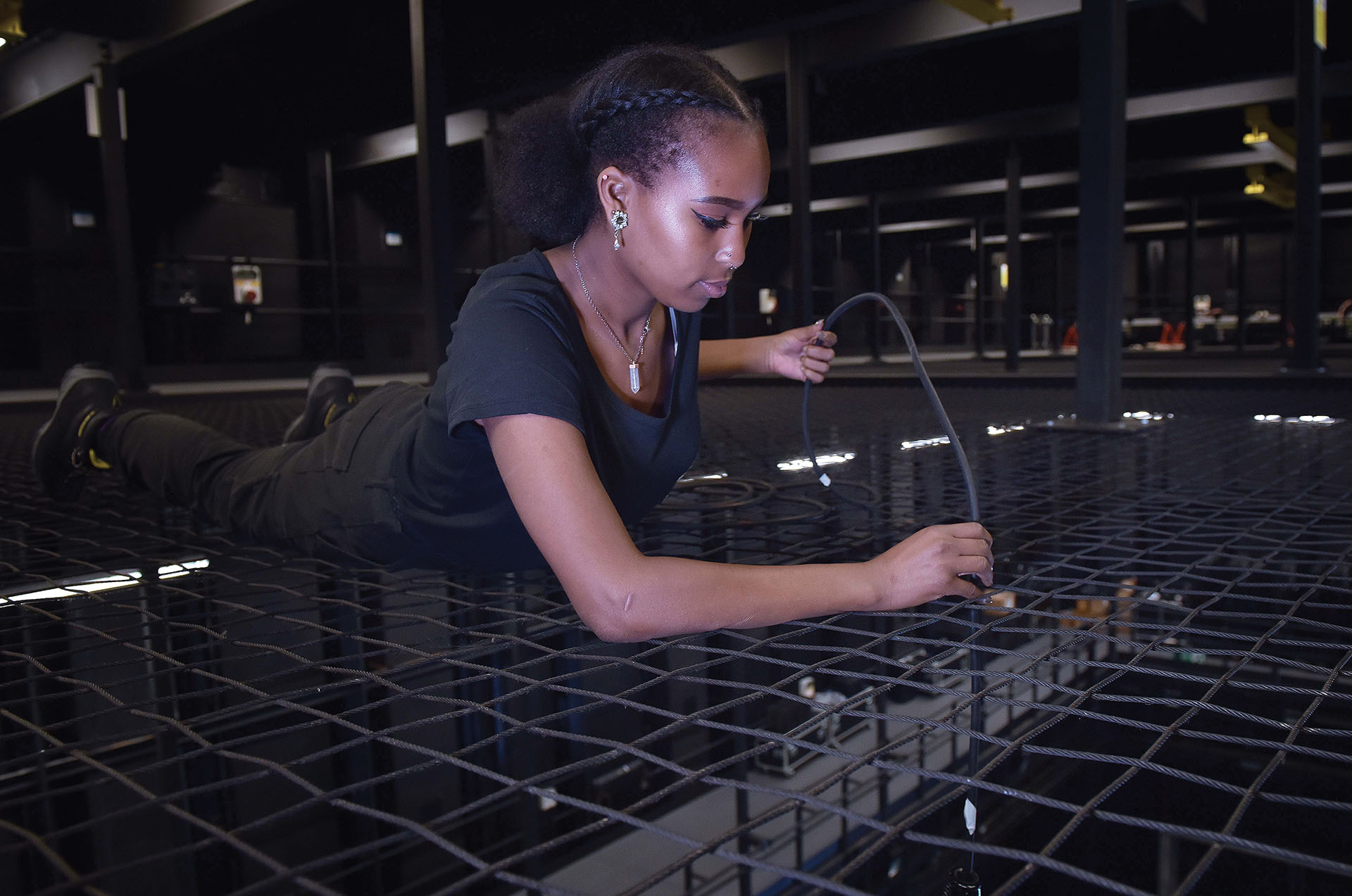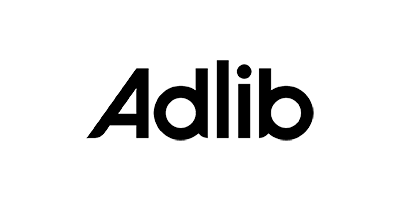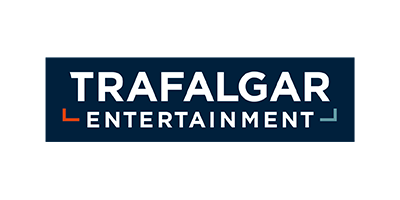Entry Requirements
No formal entry requirements
Qualifications
Level 3 Creative Venue Technician
Duration
This apprenticeship will typically last 24 months.
Learners will have the ability to set up, rig, operate, maintain and repair technical equipment used in creative venues. They will also learn to read and interpret technical event information, as well as how to safely use a variety of tools to assemble, install and maintain scenery and equipment for stage and screen.
During the course of the CVT apprenticeship learners will also take part in the ABTT Bronze award, online RST aid training and receive an introduction to Vectorworks.
Entry Requirements
Knowledge, Skills and Behaviours
Understanding the Industry (Terms & Relationships)
- Health and safety standards including: manual handling, work at height, provision and use of work equipment, construction (design and management), noise, first aid, working hours, electricity at work, fire & emergency procedures, accident reporting and Technical Standards for Places of Entertainment.
- Security and control of equipment protocols.
- Management structures within a venue, etiquette and culture, including communication protocols and interdependencies of departments.
- Relevant industry bodies and their roles e.g. HSE, ABTT, BECTU principles of stage and production management.
- Creative venue safety systems.
- The history, styles, architecture, terminology and acoustics of creative venues.
Planning
- The selection of the correct tools and equipment for tasks such as assembling scenic components and truss and rigging lighting, audio and video equipment.
- Computer-aided design – viewing, extracting information and realising specifications from system designs e.g. stage plans, lighting plans and sound schematics.
- Environmental and sustainability protocols e.g. correct disposal of different lamp types and electronic equipment, reduction in use of PVC products.
- Approaches to problem solving – to achieve the creative team’s requirements within the appropriate venue or production’s resources.
- Competently use safety and access equipment e.g. personal and fall protection equipment, ladders, access towers and tallescopes.
- Assemble and configure structures and systems from component parts.
Production Processes, Performance & Maintenance
- The agreed industry safe working procedure: e.g. The Code of Conduct for Get-ins, Fit-ups and Getouts.
- Recognition of production design elements – scenic, lighting, audio and visual e.g. means of scenic construction: timber, metal and textile. The properties of electricity, fixed and temporary electrical systems; theory, practice and safety e.g. to enable portable appliance testing of relevant technical equipment.
- The properties of mechanical and electromechanical systems e.g. to enable the assembly and monitoring of hydraulic systems for scenic effect.
- Lifting operations; theory and practice e.g. to enable monitoring of a lifting operation in compliance with LOLER such as performer flying.
- How to identify potential improvements to systems and procedures to better enable the realisation of the creative team’s vision for the production.
- Housekeeping – keeping venue work and storage areas clean, tidy and free from the build-up of waste materials.
Understanding the Industry (terms & relationships)
- Be computer literate – in word processing, spreadsheets and digital control systems to thereby assist in communication, planning, monitoring and operation of production processes, building services and creative venue technologies e.g. email, drafting reports, supplying technical information and programming production control consoles.
- Comply with creative venue budgetary and financial management protocols.
- Communicate effectively with co-workers and manage work groups.
- Deal politely and respectfully with stakeholders, ranging from freelance, touring and venue staff to performers, community groups and the public.
- Diligently manage their own punctuality and working time as required by venue activities.
Planning
- Prepare risk assessments and method statements to help ensure safe planning and delivery of work processes in the venue.
- Prepare and interpret system specifications e.g. ground plans, lighting plans and design drawings.
- Prepare written information and reports e.g. cue sheets, post performance reports, handover notes.
Production Processes, Performance & Maintenance
- Competently use safety and access equipment e.g. personal and fall protection equipment, ladders, access towers and tallescopes.
- Assemble and configure structures and systems from component parts to production specification – such as scenic and rigging structures, lighting, sound, power, dimming, amplification and control systems undertake fault-finding of components and systems e.g. eliminating feedback in a live audio system.
- Under direction – deploy, operate and maintain technical equipment e.g. lighting: select appropriate luminaires and accessories, test, rig, connect and focus to plan.
- Operate hand and power tools safely e.g. podger, adjustable spanner, drill driver and jigsaw.
- Programme and operate computerised control equipment e.g. lighting, sound and automation control desks.
- Set and change scenes in live performance – setting and striking scenic elements under ‘show conditions’.
- Undertake cueing and live operation e.g. operating a follow spot to a show plot.
- Operate suspension systems e.g. manual hemp, single and double purchase counterweight and automated theatrical flying systems.
- As directed – inspect, maintain and monitor venue and production systems e.g. emergency lighting, relamping, first line repairs, rig-check.
- Diligently undertake stage crafts such as scenic construction, carpentry and more.
- Take personal responsibility for safety of self and others.
- Have a flexible approach and will be adaptable to change.
- Be willing to work unsociable hours in a variety of locations for extended periods.
- Be punctual, reliable and personally responsible.
- Be self-motivated with a positive and disciplined approach to work.
- Have a commitment to personal and professional development.
- Develop professional working relationships and treat others with respect using appropriate channels and etiquette.
- Have drive and determination to complete a task on time.
Where do you see yourself?


Operating under the direction of the Technical Management Team, a
Theatre Technician will provide support for the construction, rehearsal,
presentation and removal of equipment for a live performance.
Crew Members work backstage during performances to keep them running smoothly.
A Production Manager’s role is hugely varied, covering productions from audition to the end of the show’s run. A project management role, they oversee all elements of the show.
LX is shorthand for Audio, Lighting and Video and an LX Programmer does just that, ensuring that these vital elements work well together and add to the experience for audiences.
A Sound Engineer ensures that a performance has the best sound possible, analysing the environment and adapting their work including designing and managing sound levels to give audiences a show to remember.
Lighting is a key element of any show, adding to the atmosphere and creating depth in key moments. A Lighting Designer creates these moments.
A Stage Manager works closely with a Performance Director, supporting the technical crafts and ensuring that everything runs smoothly on stage and behind it.
A Dresser’s role is exactly how it sounds. You’ll maintain costuming that complement the performance, and help bring characters to life.





